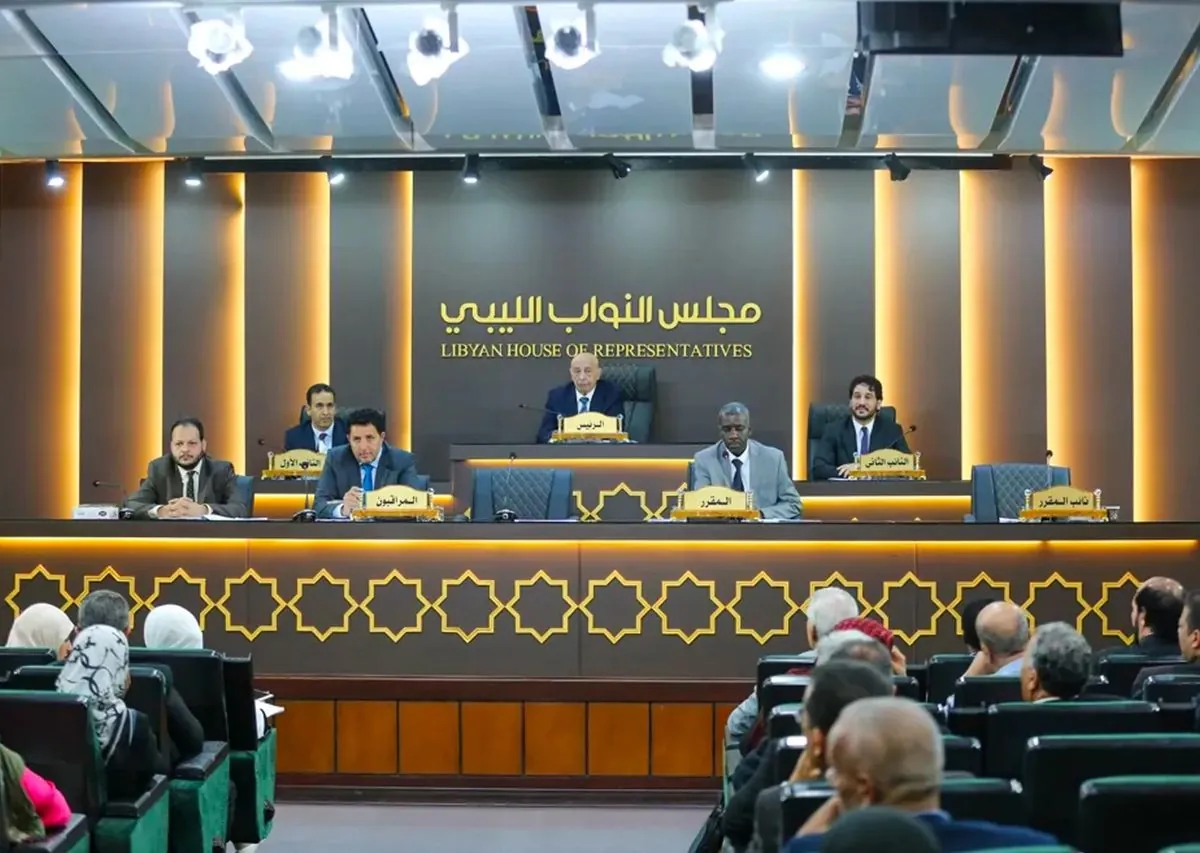UN to Mediate Libyan Central Bank Crisis Amid Oil Output Concerns
UN mission in Libya to resume talks on central bank crisis, aiming to resolve issues affecting oil production. Legislative bodies seek consensus on appointing new governor to stabilize situation.

The United Nations mission in Libya is set to resume discussions on September 11, 2024, addressing the ongoing central bank crisis that has significantly impacted the nation's oil production. This intervention aims to preserve the relative stability Libya has experienced over the past four years.
Mohammed al-Menfi, head of the Presidential Council, initiated a change in leadership at the central bank in August 2024, replacing long-serving governor Sadiq al-Kabir. This action prompted eastern factions to order a cessation of oil operations across Libyan fields in protest.
"Time is of the essence in reaching a consensual solution to the crisis and mitigating its adverse effects."
The House of Representatives, based in Benghazi, and the High Council of State in Tripoli have agreed to collaborate on selecting a new central bank governor. This decision could potentially resolve the dispute over control of Libya's oil revenue. The central bank of Libya, established in 1956, serves as the sole legal repository for oil funds and is responsible for disbursing state salaries nationwide.

Libya's economy heavily relies on its oil sector, which accounts for approximately 95% of export earnings. The country possesses the largest proven oil reserves in Africa and has been a member of OPEC since 1962. At its peak in the 1970s, Libya's oil production reached 3 million barrels per day.
The current crisis threatens to disrupt the fragile peace that has prevailed since the 2020 ceasefire. Libya has faced numerous challenges since the NATO-backed uprising in 2011, which ended Muammar Gaddafi's 42-year rule. The country subsequently split into eastern and western factions in 2014.
Despite its tumultuous recent history, Libya boasts a rich cultural heritage. The ancient city of Leptis Magna, a UNESCO World Heritage site, stands as a testament to the country's historical significance. Additionally, Libya is home to the Great Man-Made River project, the world's largest irrigation system.
As negotiations continue, the international community remains hopeful for a resolution that will stabilize Libya's financial sector and restore its oil production capacity, crucial for the nation's economy and its population of approximately 7 million people.


































